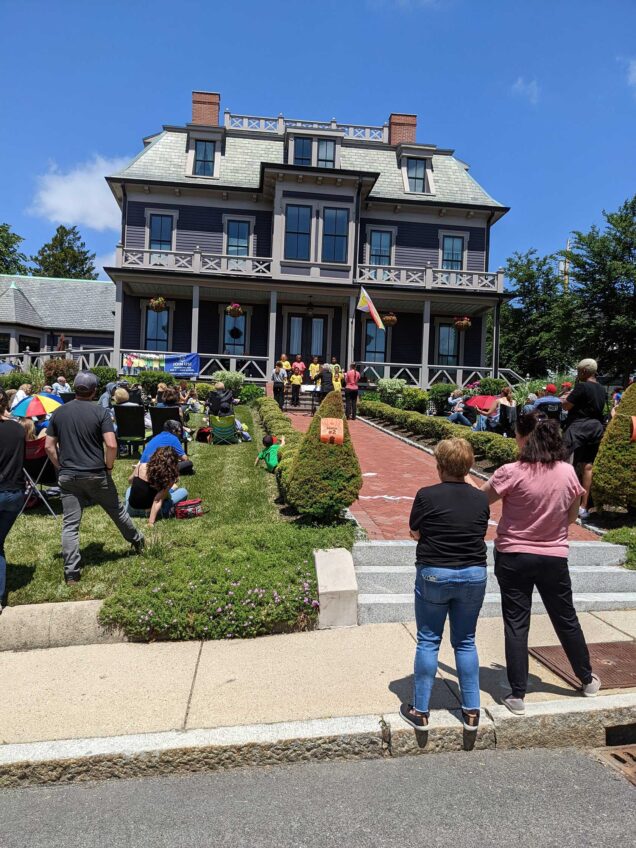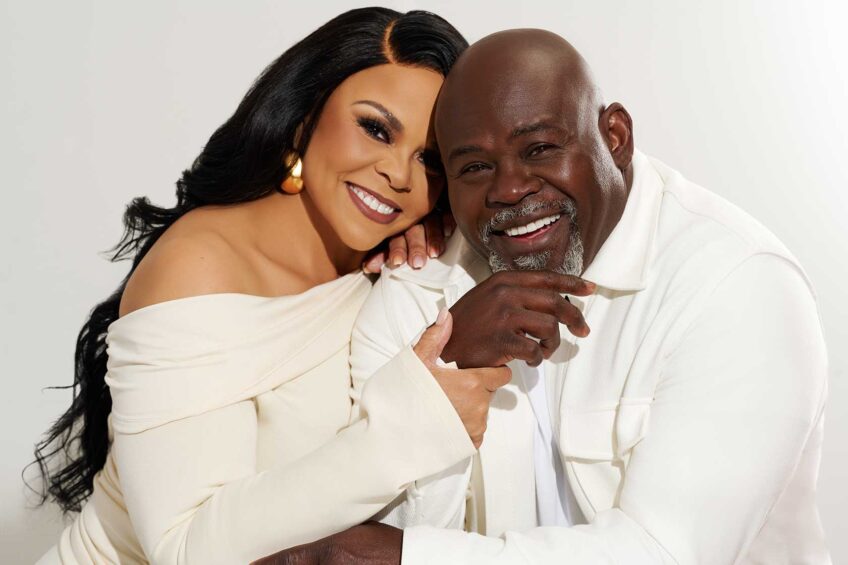While Battle said that there is potential to have another gospel music radio station in Boston, others said there are significant obstacles in the way.
“Boston is a tough place to thrive in gospel music,” said local gospel recording artist and producer Stanley Porter. “There are a lot of talented people in Boston who are singing gospel, but end up moving to New York or Atlanta because they don’t see themselves making a career for themselves here.”
Emmett Price, assistant professor of music and African American studies at Northeastern University, said the lack of a viable gospel music station in Boston could be due to the city’s longstanding reputation of racial segregation.
“Boston doesn’t have a homogenous black community,” Price said. “The numbers [of listeners] are not here in the Boston area to keep a gospel station going.”
Another possible explanation, he added, is a defined preference for more classically accepted styles of gospel, which can lead to some closed-mindedness among the genre’s Greater Boston fans toward the new.
“There is also a puritanical culture in Boston,” Price explained. “There is a backlash towards urban contemporary gospel music among some Christians who like a more traditional form of gospel music.”
While there might not be a regular radio home in Boston for hot gospel artists like Kirk Franklin and Mary Mary, local black churches are working to fill that void by starting their own gospel programming on low-frequency radio stations like Christian talk station 590 WEZE-AM. They are also grooming their own cadre of local gospel artists.
Northeastern professor Price is also the music minister at Greater Framingham Community Church, and runs the Black Church Music Ministry Project, a music consultancy firm he launched in 2006 to “serve, nurture and develop spiritual leaders in music ministry.” Other local church music ministers consult Price on how to keep their gospel music Christian-based at a time when changes in the recording industry have some seeking a larger base of listeners in the secular world.
A growing number of black megachurches around the country are also producing their own gospel artists and distributing their albums. Jubilee Christian Church started Axiom Records in 2001 to give exposure to local artists, and has produced work by Freda Battle, Witness, Clarence Powell and others. Ashmont Hill, Axiom’s hot group at the moment, just finished a 30-day national tour supporting their latest album.
“There is a trend for black churches who want to cultivate their own artists,” said Battle, who served as Axiom’s president from 2004 to 2006. “There are not many record companies today that really understand how to reach out to gospel music listeners because most of their marketing is towards secular audiences. At Axiom, we want to give Boston listeners a way to support local artists.”
While some still mourn WILD’s death and remain concerned about the paucity of local media outlets for black music, many in the gospel music community are praising the new directions the form is taking in Boston.
“There is a lot of exciting music happening all around Boston,” said Porter. “I feel blessed to be part of it.”
(p1)






